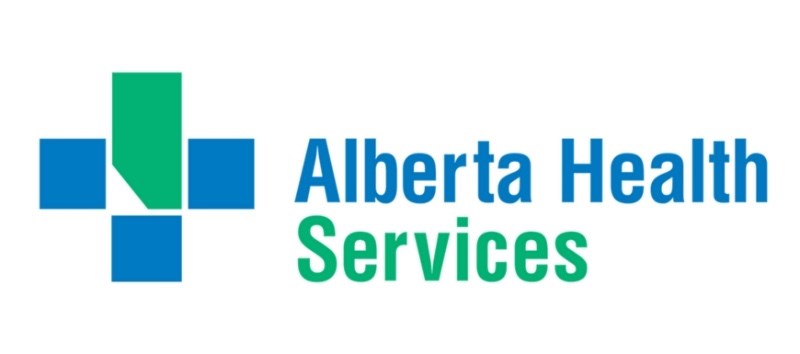Measles cases are increasing globally, with numerous countries and travel destinations reporting outbreaks including the United States and Europe. Cases have been identified recently in several Canadian provinces, including Alberta, with clusters of high numbers, particularly in Southern, Central and parts of Northern Alberta, impacting babies, children and adults.
What is measles?
Measles is a virus that is extremely contagious and spreads easily through the air when someone who has measles coughs, sneezes, yells, sings, and breathes. You can get measles just by passing through a room or location where a person who is infected was up to 2 hours before. Measles is sometimes called rubeola or red measles.
Measles tends to be more severe in children younger than 5 years, adults, people who are pregnant, and people with weak immune systems.
What are the symptoms?
Symptoms of measles can include a fever of 38.3°C or higher, cough, runny nose, or red eyes and a rash that appears 3 to 7 days after fever starts, usually beginning behind the ears and on the face and spreading down to the body and then to the arms and legs. The rash appears red and blotchy on lighter skin colours. On darker skin colours, it can appear purple or darker than the skin around it, or it might be hard to see.
If you or your child is showing symptoms of measles, stay at home, avoid contact with others, and call Health Link at 811 before visiting any hospital, clinic, or healthcare provider.
Measles can be dangerous
Measles can cause significant health complications including respiratory failure, swelling of the brain and death. Individuals who recover from measles can live with long-term impacts including blindness, deafness and permanent neurological effects.
Prevent the spread
There are things you can do to prevent getting sick and to protect others: Get your measles immunizations, stay home when feeling sick and avoid close contact with people who are sick.
The best protection against measles is to ensure you are up to date with your immunizations.
Children in Alberta typically receive their first dose of measles-containing vaccine at 12 months of age, and their second dose at 18 months of age. Children who received 2 doses of vaccine are considered protected. The MMR-Var vaccine is given as part of Alberta's routine immunization schedule for children and is free. It protects against measles, mumps, rubella, and chickenpox (varicella).The MMR vaccine is another free vaccine that protects against measles.
For pregnant individuals, if you are immune to measles, you will pass measles antibodies to your unborn child. This will give your baby some protection against measles, but this protection will disappear over time. Your baby will need their own measles vaccines to be protected.
To see if you are eligible to get the vaccine, you can call the Immunization Booking Line at 811 between 8 a.m. and 6 p.m. if you live in the Calgary or Edmonton Zone. If you live in another zone in Alberta, contact your local public health or community health centre.
If you have any questions about measles or immunizations, please contact a primary care provider including your doctor, pharmacist, midwife, nurse practitioner, or public health nurse.
If you aren't sure about your immunization history, check with your healthcare provider to make sure you're protected against measles. You cannot get the measles vaccine while pregnant.
Where can I learn more?
- Visit ahs.ca/measles
- Measles Hotline: Call 1-844-944-3434 for inquiries regarding your immunization records, symptoms, or to book an immunization appointment.
- Text "measles" to 88111




